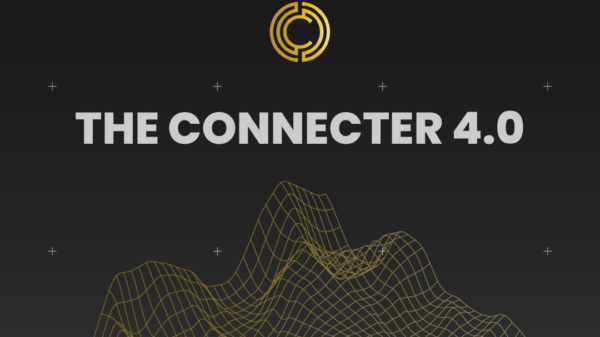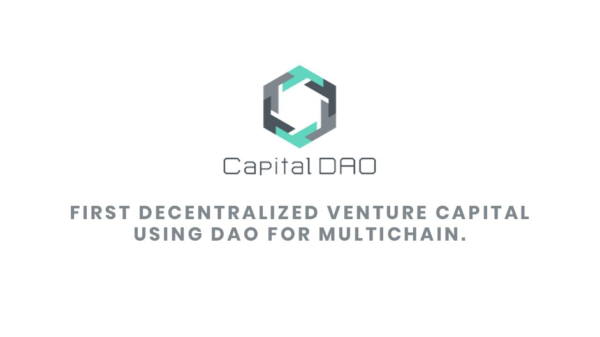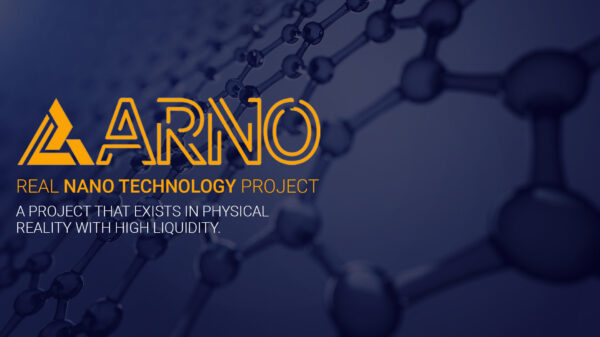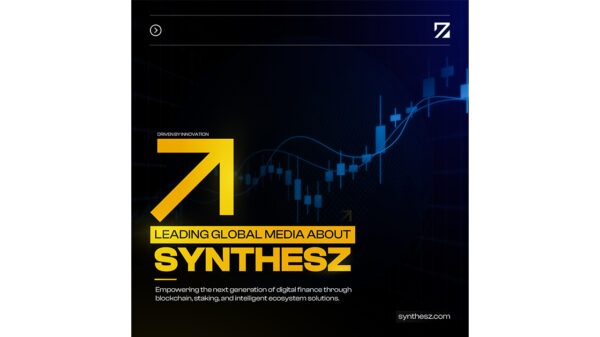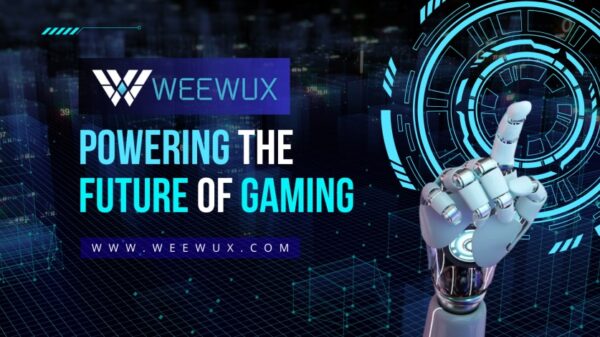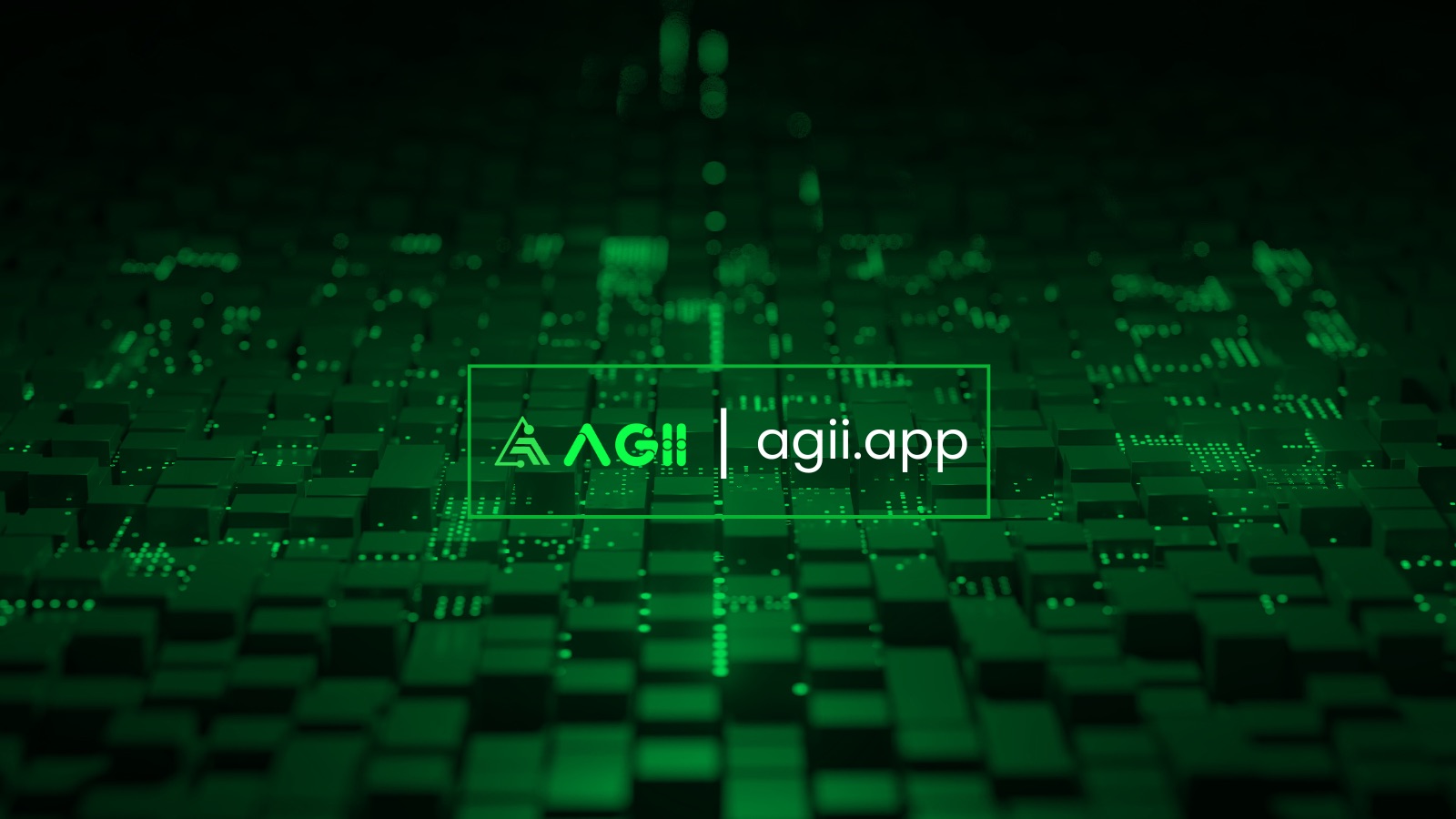The platform reinforces decentralized execution with real-time, intelligent contract logic for enhanced precision.
Seattle, WA – June 02, 2025 – AGII, the advanced AI and Web3 infrastructure platform, has introduced a new suite of predictive logic engines designed to enhance the accuracy and reliability of automated blockchain transactions. By leveraging real-time data modeling and self-adjusting logic protocols, AGII continues to push the frontier of smart contract automation in the decentralized space.
This latest update integrates real-time analytics with adaptive AI engines, allowing contracts on the AGII network to self-correct and respond dynamically to shifting conditions. As smart contracts become more complex and widespread in Web3 ecosystems, AGII’s focus on automation precision ensures seamless, uninterrupted execution. The platform’s predictive tools continuously scan operational variables, eliminating the lags and vulnerabilities that often plague decentralized systems.
AGII’s predictive logic engines enable developers and users to deploy smarter, more efficient contracts with confidence. Built for scalability, the system supports high-throughput environments without compromising speed or logic accuracy. This innovation is particularly valuable for dApps and DeFi projects that depend on rapid, reliable transaction processing and logic flow.
As blockchain systems scale, intelligent automation is no longer a luxury—it’s a necessity. AGII’s real-time prediction models deliver the kind of resilience and precision that forward-thinking Web3 projects demand. With this launch, AGII reaffirms its mission to modernize smart contract infrastructure through advanced AI tools that streamline processes while boosting trust and operational speed.
About AGII
AGII is an AI-powered platform engineered to optimize and automate core functions within Web3 ecosystems. Through real-time analytics, smart contract intelligence, and scalable automation frameworks, AGII enables developers to build faster, safer, and more adaptive decentralized applications.
Social Media



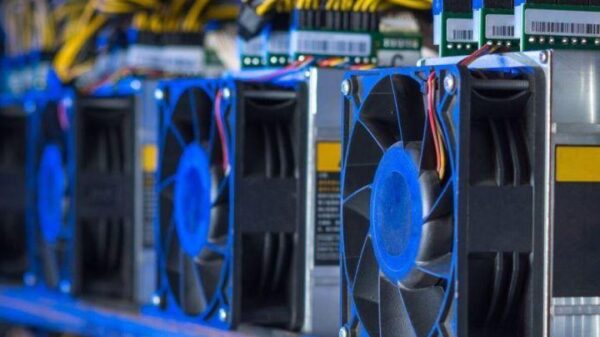




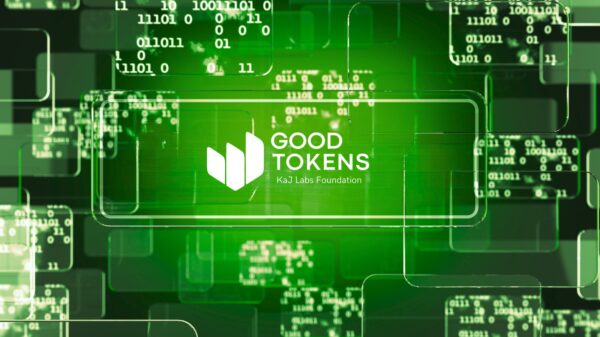









![Bitcoin Cash [BCH] could be ready for another pump. Here's why...](https://www.blockchainnewsportal.com/wp-content/uploads/2023/08/Bitcoin-Cash-BCH-could-be-ready-for-another-pump-Heres-600x337.png)



